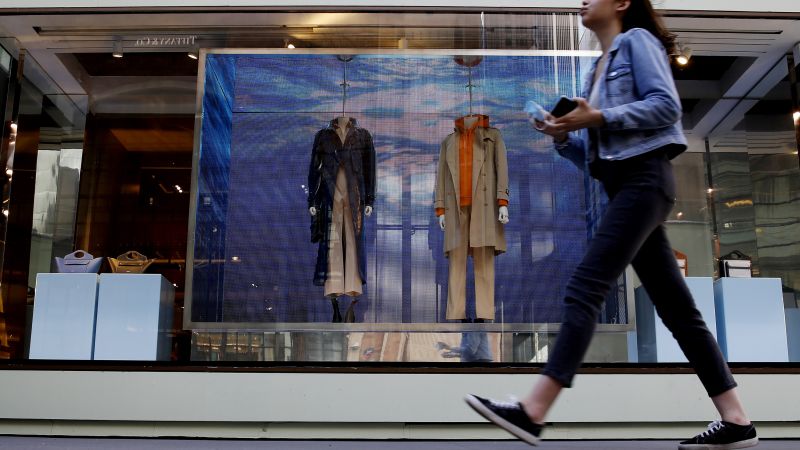Americans with deep pockets have been a driving force in the US economy, spending significant amounts of money and boosting household wealth. Despite high inflation and increased borrowing costs from the Federal Reserve, the wealth of Americans has continued to grow due to a strong stock market and rising home values. This increase in wealth has allowed consumers to spend on travel, concerts, and other big-ticket items, contributing to accelerated economic growth in 2023. Older Americans, particularly those over 54, hold the majority of household wealth in the country.
Recently, there have been signs of a slowdown in the economy, with weaker-than-expected figures for employment and retail spending in April. While the overall economy remains healthy, there is evidence that wealthy Americans are becoming more cautious with their spending. This shift in behavior among high-income earners could have significant implications for the broader economy, as these consumers are responsible for a significant portion of spending.
There have been reports of luxury retailers and high-end liquor companies experiencing declines in demand from wealthy Americans. For example, Burberry reported a significant drop in profits, while LVMH Moët Hennessy Louis Vuitton saw a decline in demand for high-end liquors in the US. Even Walmart, which typically caters to lower and middle-income Americans, noted that its recent gains were primarily driven by upper-income households.
Despite these challenges, some sectors have seen positive results, such as Royal Caribbean Cruises reporting strong earnings thanks to solid bookings and onboard spending. However, overall consumer behavior has become more price-sensitive, with consumers pushing back against price increases. Companies are closely watching consumer discretionary earnings for signs of stress among consumers, particularly those in higher income brackets.
Individuals like Ariel Barnes, a manager at Jackson State University, represent the challenges that many Americans face when it comes to managing credit card debt. Barnes has maxed out seven credit cards and is struggling to make minimum payments on $30,000 in debt. This type of financial burden is not unique, with research showing that a significant percentage of Gen Z credit card borrowers have maxed out their credit cards, indicating severe cash-flow issues. As economic conditions continue to evolve, the financial health of consumers, especially those in higher income brackets, will play a crucial role in shaping the future of the US economy.













